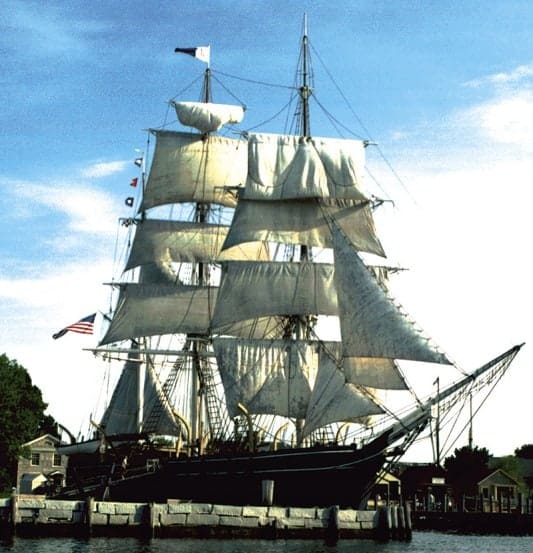The United States has participated in only five wars in its history in which the Congress of the United States has formally declared war, the last being the Second World War. Yet the United States has been at war somewhere on the globe more or less continuously since its Constitution was ratified. Many of these wars were against the indigenous peoples of the continent. Many others have been to either protect American commercial interests or those of its allies. Still, others have been to establish overseas possessions for the deployment and support of military forces, in particular, forward bases for the United States Navy.
US forces have fought, often without Congressional action supporting their use, on most of the world’s continents, on Pacific Islands, in the Mediterranean, the Caribbean, the Atlantic, against native peoples, revolutionaries, foreign governments, and pirates. Through the successful prosecution of many of these actions, the prestige of the nation and respect for its armed forces was enhanced among the world’s powers.
As a trading nation, American ships plied the globe and its Navy grew from the fledgling force which dared to defy the fleets of revolutionary France to the most powerful presence in the Pacific Ocean, rivaling even that of Great Britain by the end of the 19th century.

ADVERTISEMENT - CONTINUE READING BELOW
Some of these actions were called wars, some expeditions, and some interventions, but all involved American soldiers, sailors, and marines engaging in combat for the purpose of achieving American political or commercial goals. Here are 9 little-known American wars in history.

ADVERTISEMENT - CONTINUE READING BELOW
Quasi-War with France 1798-1800
French financial and material aid to the Americans during the War of Independence had been provided by the government of King Louis XVI, and Americans’ viewed the debts owed to France to be owed directly to the Royal Treasury. When the French Revolution deposed the King in 1792 and later beheaded him, the American government declined to continue payments on the debt, arguing that the new regime had not lent the money and was not entitled to receive payment.
The Revolutionary government in France found this reasoning faulty and after demands for payment were ignored, authorized French naval vessels and privateers to seize American ships on the high seas. This was particularly bothersome to the lucrative trade between Americans and the sugar plantations of the Caribbean.
In the course of one year, 1796, more than 100 American ships were seized by the French, mostly by privateers. The United States Navy was soon re-authorized (it had been abolished when the Revolution ended) and American warships were deployed to protect the merchantmen. The French Navy meanwhile authorized its ships to protect the privateers. In 1797 Congress canceled the treaties with France which had existed since 1778 and authorized the Navy to take action against the French. The ensuing conflict was carried out almost entirely at sea, with land actions on some islands by the United States Marine Corps. American revenue cutters operated by what later became the US Coast Guard also took part.
The American frigate USS Constellation captured a French frigate of similar size – L’Insurgente – in what was the first victory of the new United States Navy. Constellation later heavily damaged another French frigate and smaller American ships captured dozens of French merchant ships and privateers. Only one United States warship was lost during the Naval War – Retaliation, which was a former privateer previously captured by the Americans – but the Americans managed to capture the ship a second time a short time later.
The Quasi-War, which was soon to be followed by the American Wars against the Barbary Pirates, did much to establish the professional reputation of the US Navy. Nonetheless, nearly 2,000 American merchant ships were taken by the French during the war before it ended when Napoleon seized power in France.

